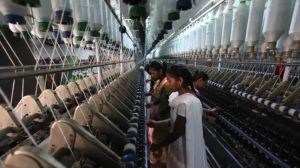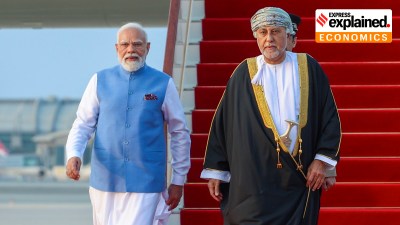Stay updated with the latest - Click here to follow us on Instagram
Delhi High Court forms committee to frame guidelines on media reporting
According to the note of Acting Chief Justice Gita Mittal, titled Media Reporting in Courts — Balancing Free Press, Fair Trial and Integrity of Judicial Proceedings, the media has the capacity to lead public opinion.
 Delhi High Court (File Photo)
Delhi High Court (File Photo)
The Delhi High Court has constituted a committee to examine and make recommendations regarding “how court proceedings ought to be covered in media in the Delhi”. According to the note of Acting Chief Justice Gita Mittal, titled Media Reporting in Courts — Balancing Free Press, Fair Trial and Integrity of Judicial Proceedings, the media has the capacity to lead public opinion.
However, “media trials” have emerged as an “alarming consequence of such power”, said the note, adding that “such parallel trials result in populist views which, in turn, prejudice delivery of justice by influencing the judgment of stakeholders like police and judges”.
“This was because the onus of fulfilling public expectation was put on them,” it said. The note said that news reports in print and electronic media are the medium through which people come to know of trials and orders. But “several news organisations succumbed to the pressure to report in a manner that sensationalised news,” it said, adding that “there was a tendency to selectively isolate court observations without reference to the context”.
Even a slight error in reporting could affect the court proceedings and the lives of those involved, the note said. The remedy against inaccurate reporting is issuance of contempt of court proceedings, it said. However, this is a last resort only after there is “irreversible damage”, the note added. The note clarified that “this exercise was not to control or regulate media”. Instead, the note said, it was a participatory mechanism to evolve certain principles.
A seven-member panel has been formed to “study international best practices on media guidelines for court reporting and recommend guidelines”, “balance fair trial with free press”, and “suggest methodology for accreditation of court reporters through an independent process, besides training modules for them”.







